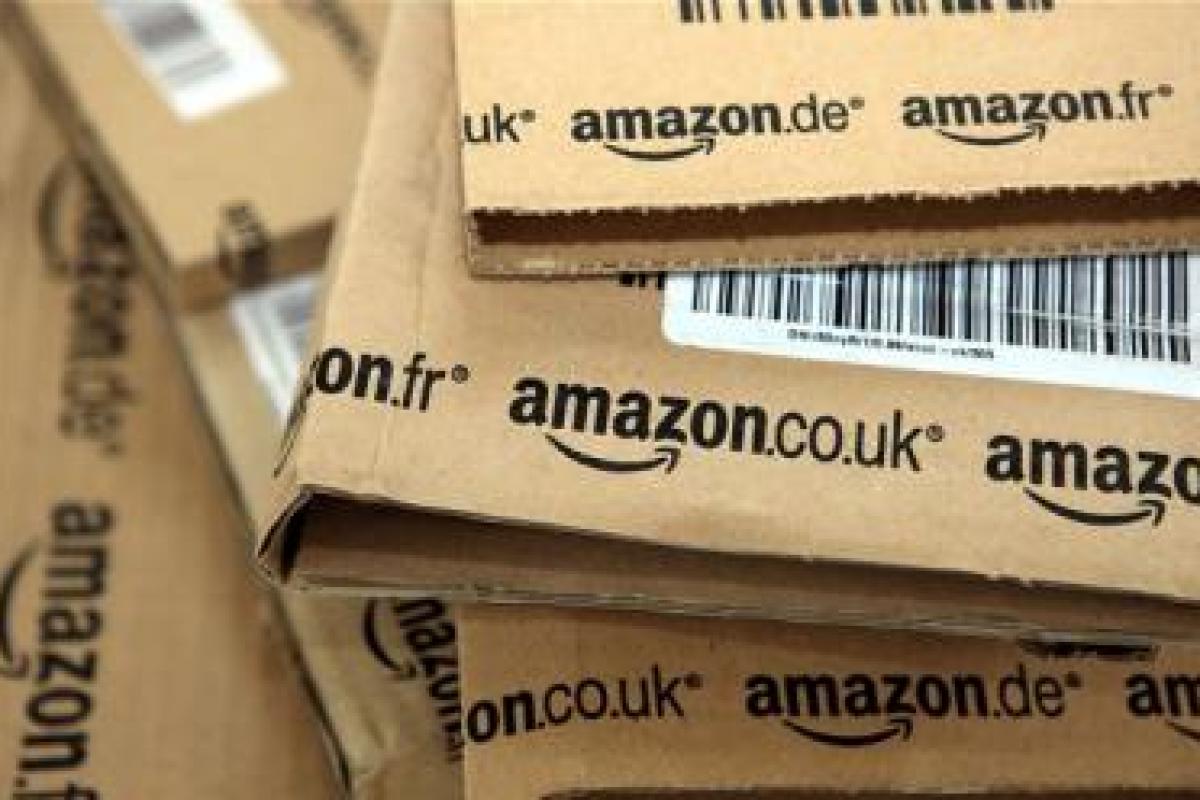A friend, let’s call him Alan, confessed to me that, through a combination of devotion to Nick Cave and a senior moment, he had pre-ordered a new Nick Cave album on Amazon twice, three months apart. Realising his mistake when two CDs arrived separately, he contacted Amazon to arrange for a return and a refund. Their response: we understand how these things happen. Don’t bother to return it, we’ll credit your account anyway.
Now imagine some other possible responses.
The process-driven approach: Please return the item, obtaining a proof of postage, and we will credit your account in fourteen days.
The 'rules are rules' approach: I’m afraid we don’t do refunds just because you’ve changed your mind. Maybe you can give the spare one to a friend.
The friendly making-it-up-as-we-go-along approach: Really? What a nuisance! Ah you see, what I do is, I make a note of what I pre-order and then those mistakes don’t happen.
I bet you can think of brands, and sectors, where those sorts of responses are standard. In some cases they are written up as policy. In theory they are all defensible, but if you’re on the receiving end they are all equally self-interested and mostly unhelpful - the opposite of customer-centric.
The refund approach seems fine until you think about the hassle and cost for a relatively low-value item. Amazon may well have worked out that it costs them more to return the item to stock than a single CD is worth. There’s also the value of making life easier for the customer, so it’s probably worth taking this magnanimous approach even if it’s at a marginal cost to Amazon. We all know the stats about how these stories are told and retold, the value of which is harder to track and so, in our metrics-driven world, can be totally overlooked.
Think of M&S’s famous policy of always accepting returns even if you had no proof of purchase and no matter how long ago the item had been bought. It shows confidence in their own products, sure, but it also says, we trust our customers not to try it on. Over the years some people must have taken advantage of this, but it has also generated huge goodwill, confidence and trust in M&S among the decent majority who don’t. A business that acts otherwise, as many do, demanding proof of purchase for things with their own brand name on, is a bit like a court that assumes everyone is guilty until proven innocent. Amazon and M&S are willing to let a few guilty people go free for the sake of the innocent majority.
By contrast, there are organisations which make you jump through hoops to prove you are telling the truth, or which won’t take your word for anything. Allowing for money-laundering requirements, identity checking and all the rest, there’s still a culture in some sectors that seems to start from an assumption that all customers making a complaint, asking for a refund or generally doing anything other than handing over money must be small-time con artists and should be treated accordingly. There’s even a name for it, coined to describe the insurance sector’s approach to resisting complaints in the USA: delay deny defend.
Alan certainly felt that Amazon took him at his word, and didn’t make him jump through hoops to get his money back. Of course it’s not just about refunds. Brands can undermine their customer relationships by treating customers with suspicion even when they think they’re just following procedure. I once had the temerity to ask at the executive lounge of a well-known airline whether my children could come in too. Despite my gold status at the time, I was told it was out of the question, with the firm and very public admonition, 'You know the rules!' The clear inference was that I was trying it on and this was TOTALLY UNACCEPTABLE. But really it’s not my job to know the rules – that’s why they’re there. I’d have settled for, 'Sorry but the lounge is very busy; that’s why we allow just one guest per member.' Now I have become a non-person with said airline, I fear they’d trample me to get to the emergency exit. I dare say if Alan had asked them for a refund he’d have been given short shrift for his foolish error and told to be more careful in future.
Every brand manager wants their brand to be trusted by its customers. This is such a truism that trust can’t really be a differentiating brand attribute. It’s a necessary but not sufficient part of any successful brand that it can be relied on to keep its promises. But trust is a two-way street. It may not be rational but I find it hard to trust someone who acts like they don’t trust me.
To read more from Fiona in our Clubhouse.
